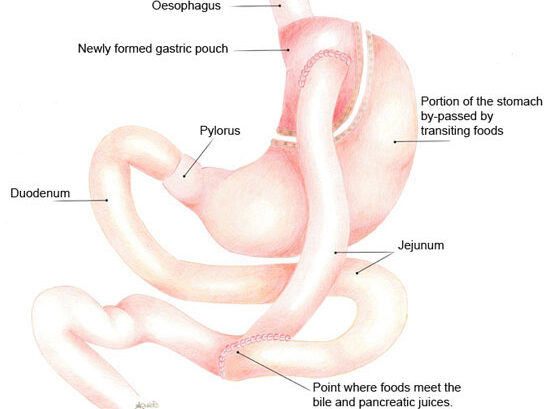
Surgery can benefit some obese pediatric patients
As a last resort when conservative interventions have failed, bariatric surgery can improve liver disease and other obesity-related health problems in severely obese children and adolescents, according to a position paper in the Journal of Pediatric Gastroenterology and Nutrition, official journal of the European Society for Paediatric Gastroenterology, Hepatology and Nutrition (ESPGHAN) and the North American Society for Pediatric Gastroenterology, Hepatology and Nutrition.
Due to the potential for serious complications, an expert panel recommends that bariatric surgery be reserved for carefully selected subgroups of young children with severe or morbid obesity and associated medical conditions. The recommendations appear in a new position paper authored by the ESPGHAN Hepatology Committee, under the leadership of Prof Valerio Nobili of Bambino Gesù Children’s Hospital, Rome.
The Committee, made up of 12 European specialists in paediatric liver disease, was tasked with reviewing and analyzing the available evidence on bariatric surgery for obese children and adolescents. The epidemic of childhood obesity has brought an increase in obesity-related diseases, including type 2 diabetes and nonalcoholic fatty liver disease (NAFLD).
“Recent evidence suggests that in carefully selected patients an early intervention by bariatric surgery can strongly reduce the risk of adulthood obesity and obesity-related diseases, including NAFLD,” Nobili and colleagues write.
Yet the appropriate use of bariatric surgery in paediatric patients remains unclear, mainly because of limited research data and the known risks of the procedure. Based on the available evidence and expert opinion, the position paper outlines a standardised approach to considering bariatric surgery in children and adolescents.










